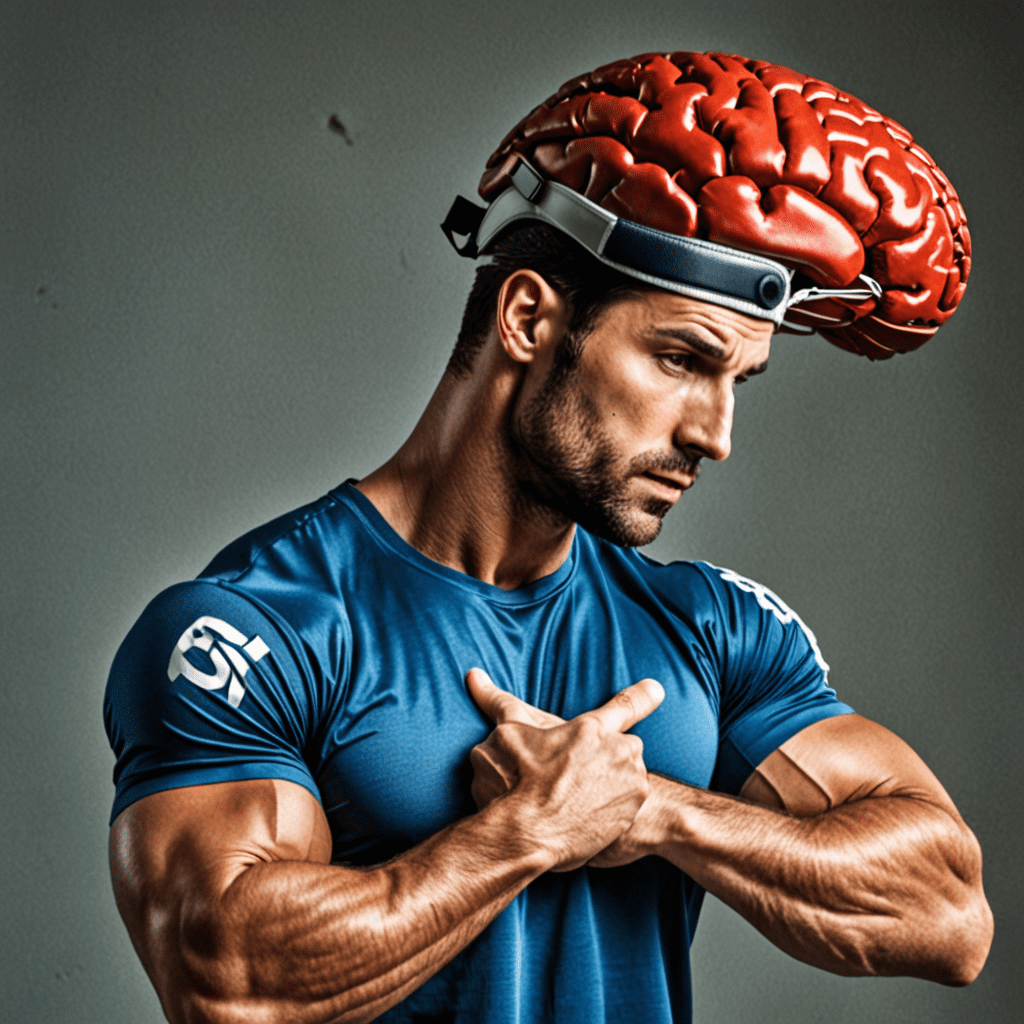
The Link Between Traumatic Brain Injuries and Mental Wellness
When discussing mental wellness, it is crucial to consider the impact of traumatic brain injuries (TBIs). These injuries not only affect the physical health of an individual but also have profound implications for their mental well-being. Let’s explore the connection between TBIs and mental wellness.
Understanding Traumatic Brain Injuries
TBIs are caused by a sudden blow or jolt to the head, leading to disruption in normal brain function. They can range from mild concussions to severe head injuries, with symptoms varying based on the extent of the damage.
The Impact on Mental Wellness
Individuals who have experienced TBIs may face challenges related to cognition, memory, concentration, and emotional regulation. These cognitive and emotional changes can significantly impact their mental wellness and overall quality of life.
Challenges in Mental Health Post-TBI
After a TBI, individuals may experience conditions such as depression, anxiety, post-traumatic stress disorder (PTSD), and even personality changes. These mental health challenges require proper diagnosis and management to support the individual’s recovery.
Treatment and Support
Effective treatment for the mental health aspects of TBIs often involves a multidisciplinary approach. This may include cognitive therapy, counseling, medication, and support groups to address both the physical and emotional aspects of the injury.
Prevention and Education
Increasing awareness about TBIs, promoting safety measures in sports and activities, and emphasizing the importance of seeking medical help after a head injury are crucial steps in preventing TBIs and reducing their impact on mental wellness.
Long-Term Outlook
While the road to recovery post-TBI can be challenging, with the right support and interventions, individuals can improve their mental well-being and regain a sense of normalcy in their lives. It is essential to prioritize mental health alongside physical health in the journey towards recovery.
Conclusion
Understanding the link between traumatic brain injuries and mental wellness is vital in providing comprehensive care for individuals affected by TBIs. By addressing the mental health aspects of these injuries, we can better support those on their path to healing and improved well-being.
Frequently Asked Questions About Traumatic Brain Injuries and Mental Wellness
What is the connection between traumatic brain injuries (TBI) and mental wellness?
Traumatic brain injuries can have a significant impact on mental wellness. They can lead to cognitive challenges, emotional difficulties, and changes in behavior that affect a person’s mental health.
How do traumatic brain injuries affect cognitive function?
TBIs can impair cognitive functions such as memory, attention, and reasoning. This can result in difficulties with concentration, learning new information, and making decisions.
Can traumatic brain injuries contribute to emotional problems?
Yes, TBIs can contribute to emotional problems such as depression, anxiety, irritability, and mood swings. These changes in emotional health can affect a person’s overall mental wellness.
Do traumatic brain injuries impact behavior?
TBIs can lead to changes in behavior, including impulsivity, aggression, and difficulty controlling emotions. These behavioral changes can have a significant impact on a person’s mental wellness and relationships.
Is there a link between traumatic brain injuries and the risk of developing mental health disorders?
Research suggests that individuals who have experienced a TBI may be at a higher risk of developing mental health disorders such as depression, anxiety, post-traumatic stress disorder (PTSD),


